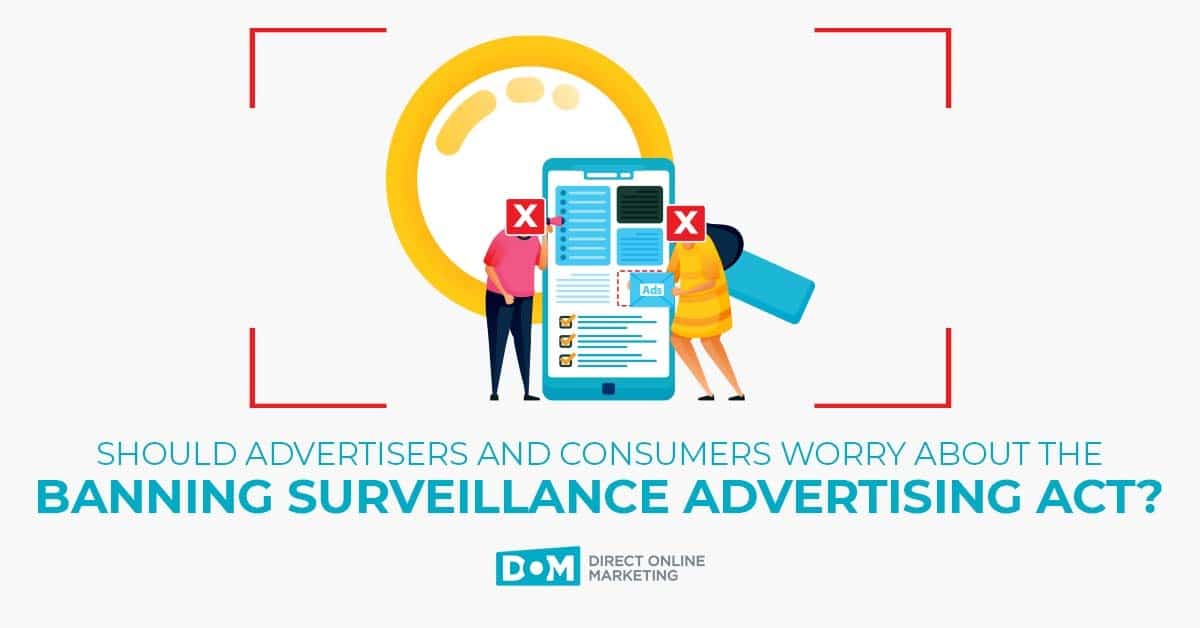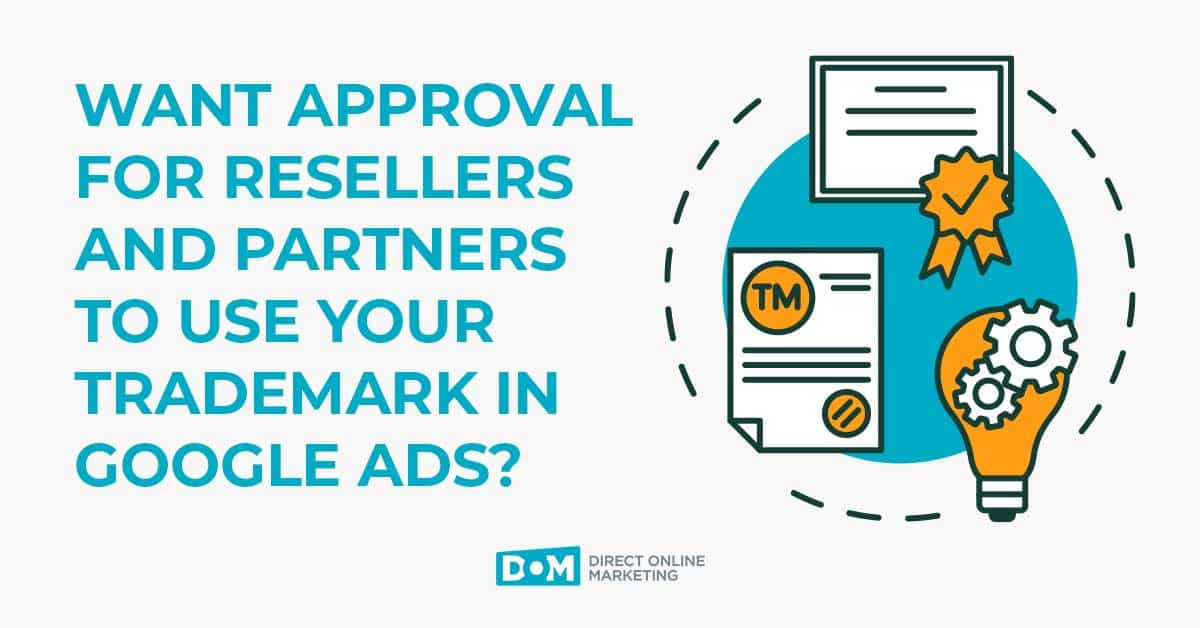
On Tuesday, three members of the United States Congress introduced the Banning Surveillance Advertising Act (BSAA), with the goal to prohibit digital marketers from targeting ads to consumers.
If passed, the bill would cause a major change in how agencies like ours and companies like yours would be able to target advertisements online. Instead of being able to use the data collected by tech companies to personalize your messages to the right customers, BSAA would limit your options to something simple, like broad location targeting.
In essence, the personalized advertising you have gotten used to in social media and search engines would be limited to a contextual advertising application, more comparable to buying a billboard on the side of the road. In other words, advertisers couldn’t target people by even the most basic demographic factors, let alone interests or habits. Suddenly the ads you see would be a lot less relevant or interesting.
BSAA would give the Federal Trade Commission and state attorneys general the ability to enforce this limited ad targeting. On top of that, users of the platforms would also be able to sue them for up to $5,000 in compensation per violation. This bill is part of an ongoing effort in Congress to regulate the tech industry’s position on things like the spread of misinformation and privacy of protected class information.
Regardless of the likelihood that the bill passes, the simple fact that it is even up for consideration this legislative session has spurred a lot of discussion here the last few days.
Before Moving Forward… Take A Look Back
So what could this actually mean? Let’s start with a history lesson.
I haven’t been involved in digital advertising from the very beginning, but not too far from it. My first year was 2001, back in the days of goto.com (the predecessor to the predecessor to Yahoo! Search Marketing) and the genesis of Google Ads (née AdWords).
Those times were exciting, living in the Old West of digital marketing and advertising. No blueprint for any of the mechanics existed, even though the basic rules of marketing and human psychology remained. Everyone involved was experimenting and learning what worked.
This was the Dot Com era where new startups popped up everywhere. You might ride the waves to fortune or come to work one day and find the doors chained. In this environment of chaos, you had really smart people doing some really innovative things…and some bad actors pushing limits amorally at best.
There were no such things as privacy concerns. I would tell college classes complaining about how the government knew about them that they should be way more concerned about Facebook and Google who knew way more about them and – at least at the time – had sterling reputations. Facebook had ~10,000 different data points on its average US user and advertisers could leverage most of those.
And there were separate networks doing even creepier things with data.
I am not a futurist. I’m wrong all the time (ask my wife), but the one thing I warned colleagues about was that if the industry didn’t start regulating itself, governments would. And that’s exactly what happened. You’re familiar with GDPR, but so many other changes large and small have happened.
Some of these changes have been good, some bad, and many a mixed bag. Often they have consolidated more power in the hands of the biggest players. But the industry has no one to blame but itself for not self-regulating.
What the Banning Surveillance Advertising Act Would Mean
Cards on the table: my livelihood – and that of my family and DOM team members – all depend on digital advertising. I’m not an unbiased source. But I always try to view issues from as many sides as possible.
I believe the proposed changes would be disastrous. Not just for the platforms, advertisers, and agencies, but for the general public.
A few years ago the US government started putting heat on the industry for targeting consumers in certain sectors. At the time advertisers could target disadvantaged communities and groups with ads for housing, banking, employment, and a few other sectors – and these capabilities were absolutely exploited.
Worried about the legal ramifications, the major players did what they always do and made changes in an attempt to avoid the scythe that would split the cash cow. The end result? Well, some of the ways slimey advertisers exploited groups stopped – or at least were made more difficult. Yay!
What it also did was make it much harder for legitimate businesses using information they know about their potential customers and employees to reach them in a cost effective way. Boo. We can tell you from first hand experience that advertising job openings and other career opportunities is much more difficult with Google and Facebook than it used to be.
The net effect: it’s harder for people and companies to find each other. It also has larger economic implications. When it costs more for companies and organizations to find customers and employees, they either have to cut costs from somewhere (e.g. in the value they offer) or raise pricing to hit their sales numbers.
What’s Going to Happen?
This bill is a huge overreaction to legitimate concerns. It’s wielding a giant battle-axe when a scalpel is appropriate. (Geez – what is with my sharp weapon analogies in this post?)
Its potential is scary enough that the major players and data brokers will lobby and do a public relations push. We’re already seeing that. As an owner of one of Google’s top 200 partners around the world, I received an email Wednesday inviting our team to Privacy at Google On-Demand, a three-week series of webinars all about Google’s privacy efforts.
I also expect that Google et al will make more changes to their platforms, mainly in what levers advertisers can pull. Because Google is really smart and good at what they do, they’ll continue to make advertising profitable for smart marketers. The net effect won’t be to make Google weaker, but stronger as their moat will just get bigger and more alligator-infested to keep the competition out.
But if the government or the platforms go to the extreme? It’s the advertisers and, yes, the consumers that will suffer.
Interested in having a conversation with me or one of our digital marketing experts on how this may impact your advertising based campaigns in search or social media? Please contact us.
Interested in diving a little bit deeper into issues related to digital marketing and privacy regulations? Check out one of these helpful resources:


